
When a girl enters the puberty, she gets her monthly menstrualcycles, which indicates that the ovaries produce eggs to be fertilized. Thus, the healthy womenare fertile from the onset of puberty to the menopause, although the best timefor conceiving pregnancy is from 18 to 27 years of age. However, the women mayalso stay pregnant even until 35 years of age, but such pregnancies are consideredto be the high-risk pregnancies.
It is quite normal that fertile women use some kindof protection from conceiving pregnancy since they do not want to be pregnant allthe time and because the women plan the family today. One of the effectivecontraceptive ways used by women is birth control pill or contraceptive pill.The birth control pills are considered to be among the safest contraceptivemethods and their use is very simple.
How does the pill work?
There are several ways how the pill works, but twomain ways are suppression of ovulation and inhibition of implantation.
When the pituitary gland hormones stimulate theovaries, they produce the eggs which are to be released in a process ofovulation into the fallopiantube at the 14th day of the menstrual period. The pill is made of the artificial hormones, which have the role to blockthe natural hormones that stimulate the ovulation in women. More precisely,the hormones in the pill do not let the natural hormones to reach the ovariesand thus, the eggs do not reach maturity and cannot be released from theovaries. In this way, there is no egg to be fertilized and the woman cannotstay pregnant.
However, if the artificial hormones do not disruptthe natural hormones, the pill continues to work by preventing the implantationof the embryo into the wall of the uterus. If the egg is fertilized after all, the pill makesthe wall of the uterus thinner. Thus, the endometrium is not too strong tosupport the fertilized egg and early abortion occurs.
Pill’s efficiency
Even though birth control pill belongs to the safest methods of pregnancyprevention (with 99% efficiency), it is observed that even 2-18% of women can experienceunexpected pregnancy, though only in the first year of taking the pill. This usuallyhappens due to the pill's interaction with the other medications, or because of the improperuse of the pill, which usually occurs in younger women from 18 to 24 years ofage.



_f_280x120.jpg)





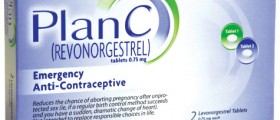
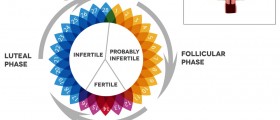

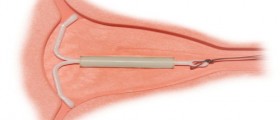
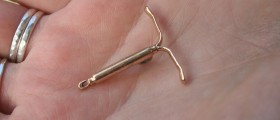

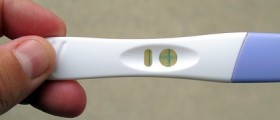

Your thoughts on this
Loading...